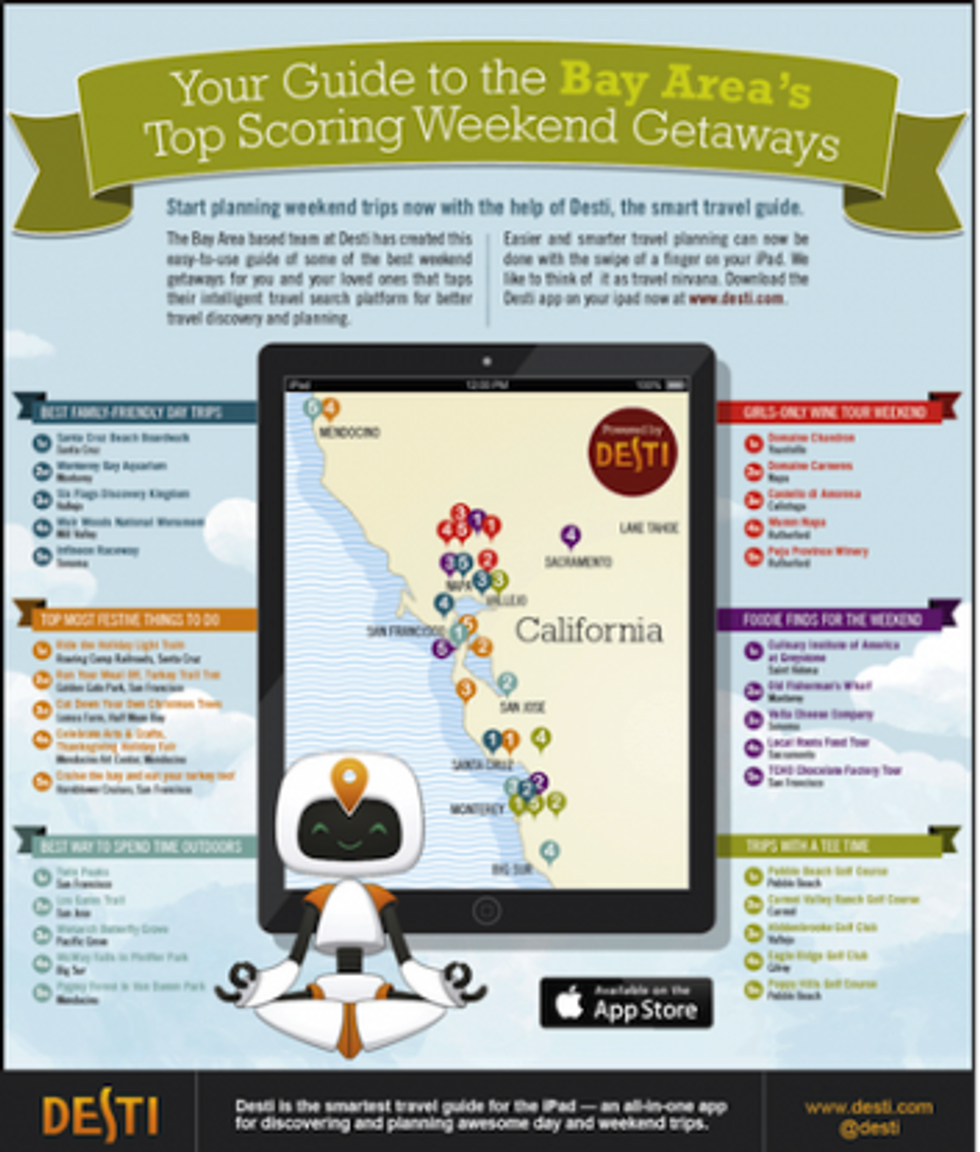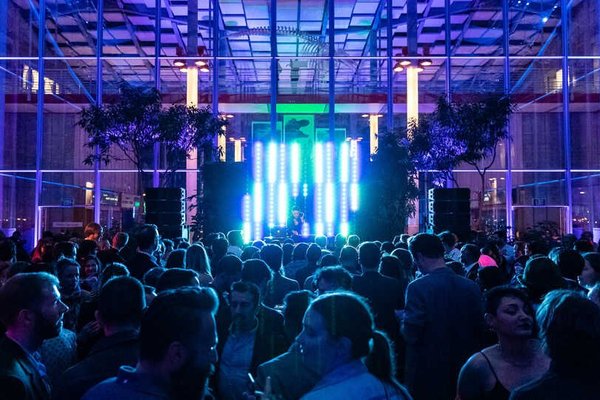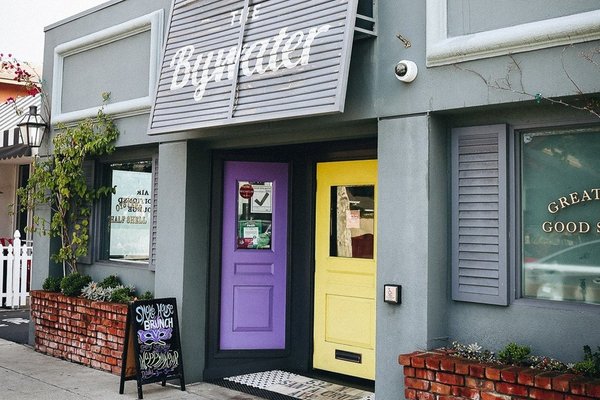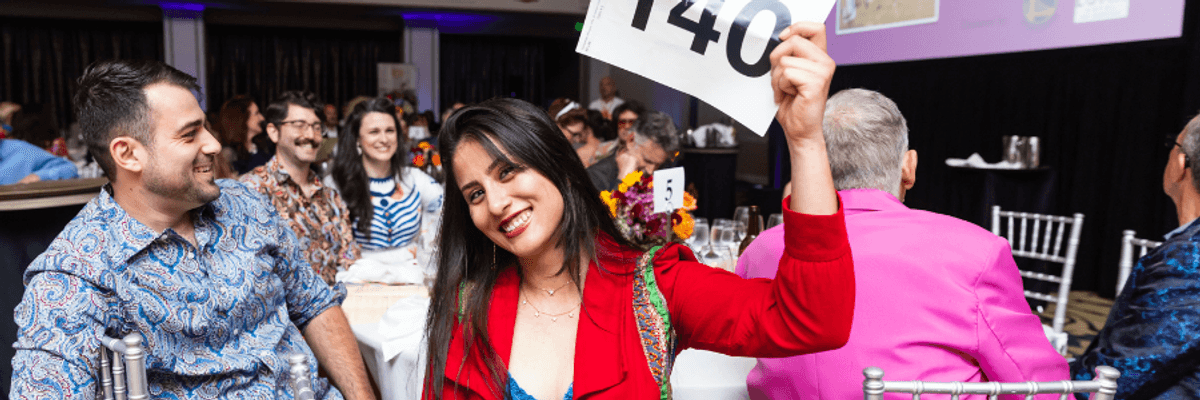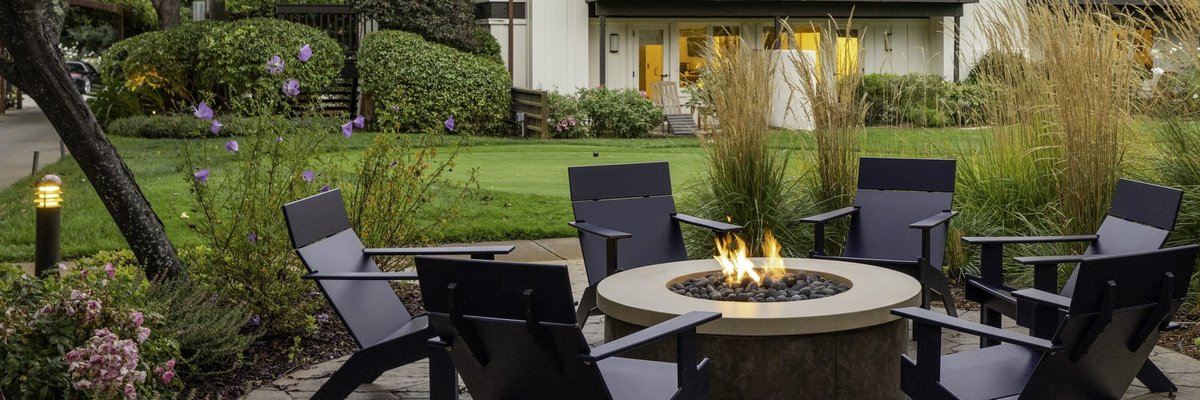Since Apple introduced Siri last year, millions of people have become familiar with the intelligent personal assistant and knowledge navigator.
Now, another artificial intelligence app that uses a natural language user interface is on the scene.
This one is an iPad app called Desti, and it serves as a travel discovery and planning tool, focused initially on Northern California.
Both Siri and Desti were spun out of SRI International, which in turn was funded by the US government’s DARPA–the same agency that financed the invention of the Internet.
One big difference between the two is that Desti does not employ the voice recognition function so closely associated with Siri – it communicates with you via text bubbles, sort of like a character in a cartoon.
Nevertheless, Desti’s writing “voice” is very similar to Siri's, as in “I’ve found six restaurants fairly close to you.”
“Desti is a very smart travel guide that grows to really understand you, your preferences and aspirations when it comes to travel,” says founder and CEO Nadav Gur. “On the other side it has deep knowledge of the destination sites out there from many sources.”
Consumers have had mixed reactions to the type of human-computer interactions possible with Siri to date, possibly because many are unaware that it is a two-way learning process – humans have to teach Siri and Siri has to teach humans how best to teach her.
In that context, Desti represents a much more focused project, not trying to be a personal assistant for everything–just for getting around the local area, finding interesting places and things to do.
“It needs to learn about how people ask for things,” says Gur. “It needs to learn the words, the grammar, and the context for the question. What are people actually interested in? The stuff they ask for is not trivial. We have to train the AI to sense all of what people are asking for.
“So we focus just on Northern California (San Luis Obispo-north). This way, we can go deeper in one region to train Desti. The typical apps/sites cater to tourists, not locals. Google already delivers the top tourist info–that's easy to find. If we can serve locals who interact with Desti regularly, it will get much smarter much faster. So we also are further focused only on the weekends for now–local outings.”
These constraints imposed on where and what Desti has to learn offer the potential that it will learn more quickly than Siri. If that occurs, scaling the service nationally will be relatively easy.
“Like Pandora, it gets smarter about your preferences over time and with more use,” Gur explains “As it collects more data, including about your circle of friends and favored destinations, it will present better suggestions from all the data available out there. Our goal from the start is that one of the top three options we show you, you will love.
“It’s like a smart kid just out of college in his or her first job. It can understand the question even if it can't always give you the right answer. But after it hears the question from different people five times, it can answer it correctly. Once it knows the answer it knows it–that’s the way AI works.”
Unlike a search at Google, which makes massive revenues through purchased keywords and ads, Desti offers unbiased results.
As for the decision to not use voice recognition, Gur says that was because they chose to launch on the iPad. “People don't expect to speak to their iPad or be spoken to by it yet. We could have used voice, but chose not to for now.
“With Siri, there is too much focus on speech recognition,” he continued. ”The fact it speaks makes it something more than a tech gadget to consumers. That it disappoints them reveals its potential and is a good thing. If they were indifferent to it, that would be bad.”
To use Desti you engage in a written dialogue with it. Gur demonstrated this by asking Desti for suggestions for a romantic B&B in Napa, and it returned 25 rooms with Jacuzzis and fireplaces.
He asked if he could bring a dog, and it narrowed the list to three pet-friendly B&Bs. He asked about wine tasting and Desti replied, “I found four wineries nearby.”
He then asked a one-word query, “Italian,” it served up several Italian restaurants in the area.
Kimberly Dillon, Desti’s VP of Marketing, says some early users are using it for very broad requests or references, such as “weekend.” These may be engineers trying to figure out how the technology works.
Like most AI enthusiasts, Gur acknowledges that we are in the early stages of what is still a nacsent field.
“The level of expectation for consumers is changing from technology and the complexity of what the machine has to do is increasing. It will take some time, but the technology available ten years from now will handle all of this.
“What I've learned in the tech business is that if something like Siri is more convenient, eventually everyone will want it and use it. If it solves a problem or makes something more convenient, the tech community will figure out how to improve it, bring the price down, and deliver it to consumers.
“And AI definitely makes things more convenient.”
The Desti team of 8 is headquartered in Menlo Park.



